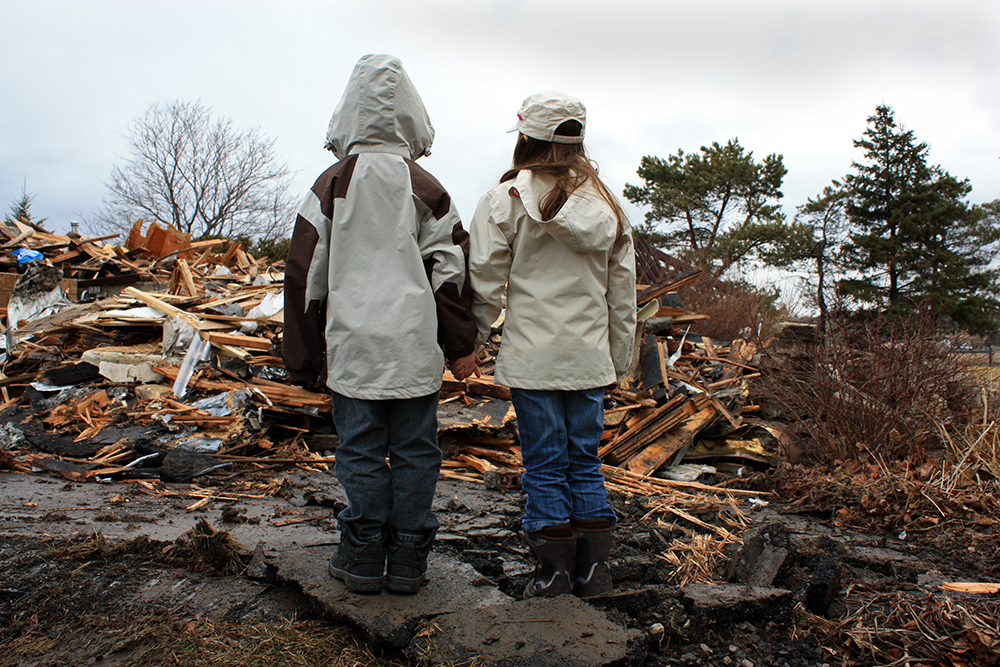Barbi and I just celebrated our 30th wedding anniversary. She is a wonderful wife, mother, and partner. We make a great team and she is my gift from God.
Our recent anniversary led me to reflect on what makes a healthy marriage. I want to now share some of the lessons I’ve learned about maintaining a healthy relationship in three decades, not only as a husband but as a marital counselor as well.
What Does Marriage Really Mean?
While simple on paper, the concept of marriage is actually a complex construct. Two people agree to have a relationship, they fall in love with each other, and decide to commit to a life together before God. There’s a ceremony to affirm that commitment where your friends and family are present.
At the same time, marriage is a legally binding contract. The reason states require a marriage license is because you’re entering into a business agreement with another person. It’s just a fact of the relationship. Marriage is not just a commitment of love, but a mixing of financial and spiritual resources.
Is marriage always a passionate romance? Unfortunately, no.
More often than not, it’s the comfort of doing laundry or cooking dinner with your partner. It’s catching up on your favorite TV shows and attending church together. It’s watching your kids grow up and become successful adults with children of their own. It’s the simple parts of day-to-day life where you come to see your partner as more than a spouse, but a best friend offering unconditional love, warmth, truth, and grace.
So, what does marriage really mean? It’s about finding balance and support.
4 Must-Haves for a Healthy Marriage
No matter how long you’ve been married, you can always learn a new skill to better your relationship with your spouse.
-
-
- Faithfulness. This is a no-brainer without a doubt. First and foremost, you must say to yourself, “I will be faithful to my spouse emotionally, sexually and spiritually.” When you focus on faithfulness, you’ve made sure that God is in the center of the picture of your marriage. Now, you have the architecture for a really strong marriage because both people are on the same page.
- Establish and maintain boundaries. Boundaries are basically a property line. When you understand what they’re meant to do and the way God designed boundaries to work, you can see how they would fit very well in marriage. Boundaries let us know what we are responsible for in our lives. They define what we’re responsible to protect and grow in a relationship, and what we are not. In marriage, you need boundaries. When boundaries aren’t clearly set, it leads to unnecessary strife and conflict because you aren’t sure who is “responsible” for what and that is difficult. Boundaries in marriage are not about fixing or changing your mate.
- Fight Fair. Anyone who has been married for any amount of time understands – conflict will happen. You’re not going to agree on everything. It’s just not reality. Conflict is stressful, especially in a marriage, because it makes us anxious. But, the good news is that freedom and responsibility are the nutrients of a healthy marriage, including the freedom to disagree. When two people are free to disagree, they are free to love.
- Provide Warmth and Safety. Believe it or not, providing warmth and safety is the main component of a healthy marriage. This means supporting your partner, no matter what. This means you are an advocate for them, even in times of conflict. Take a moment and reflect – “Can my spouse come to me and be open and vulnerable about their feelings without fear of any backlash?” If the answer is no, start working on this now! Showing your spouse unconditional love and grace is what will help sustain your relationship during tough times like losing a parent or a job.
In general, I am “pro-marriage.” I think it is one of the greatest gifts God can give anybody when both participants are actively working together as a team. I will always tell people to look at the four core competencies above to work on having an even more amazing marriage! -














